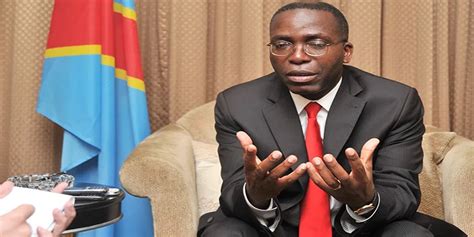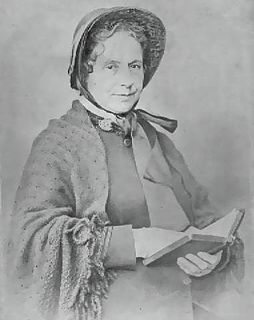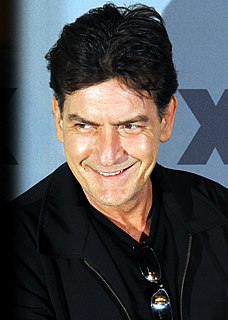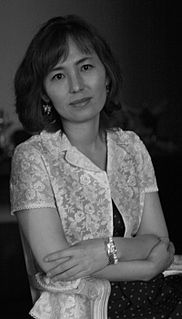A Quote by Forest Whitaker
For many child soldiers, war and violence are all they have ever known. If we don't take it upon ourselves to show them an alternative, then they're going to be soldiers forever, and they'll continue to be recruited and to participate in violence if another conflict starts five or 10 years down the road.
Related Quotes
Universal ratification of the Optional Protocol on the Involvement of Children in Armed Conflict will establish an international moral consensus that no child should take part in hostilities or be involuntarily recruited and that former child soldiers should be assisted by their governments after a life of violence and distress.
I must remind you that starving a child is violence. Suppressing a culture is violence. Neglecting school children is violence. Punishing a mother and her family is violence. Discrimination against a working man is violence. Ghetto housing is violence. Ignoring medical need is violence. Contempt for poverty is violence.
...there are at the present moment many colored men in the Confederate Army...as real soldiers, having muskets on their shoulders, and bullets in their pockets, ready to shoot down loyal troops, and do all that soldiers may do to destroy the Federal government...There were such soldiers at Manassas and they are probably there still.
Before I met No I thought that violence meant shouting and hitting and war and blood. Now I know that there can also be violence in silence and that it’s sometimes invisible to the naked eye. There’s violence in the time that conceals wounds, the relentless succession of days, the impossibility of turning back the clock. Violence is what escapes us. It’s silent and hidden. Violence is what remains inexplicable, what stays forever opaque.
If you love with violence and you hate with violence, there's nothing that can be questioned. People say, 'Oh, you'd better work through your resentments.' Yeah, no. I'm gonna hang on to them, and they're gonna fuel my attack. And they're going to fuel the battle cry of my deadly and dangerous and secret and silent soldiers. Because they're all around you. Sorry, you thought you were just messing with one dude. Winning.
At the meeting I argued that the state had given us no alternative to violence. I said it was wrong and immoral to subject our people to armed attacks by the state without offering them some kind of alternative. I mentioned again that people on their own had taken up arms. Violence would begin whether we initiated it or not. Would it not be better to guide this violence ourselves, according to principles where we saved lives by attacking symbols of oppression, and not people? If we did not take the lead now, I said, we would soon be latecomers and followers to a movement we did not control.
I'm so sick of seeing guns in movies, and all this violence; and if there was going to be violence in Pines, I wanted it to actually be narrative violence. I wasn't interested in fetishizing violence in any way of making it feel cool or slow-motion violence. I wanted it to be just violence that affected the story.
One of the lessons learned during the Vietnam War was that the depiction of wounded soldiers, of coffins stacked higher than their living guards, had a negative effect on the viewing public. The military in Iraq specifically banned the photographing of wounded soldiers and coffins, thus sanitizing this terrible and bloody conflict.



































